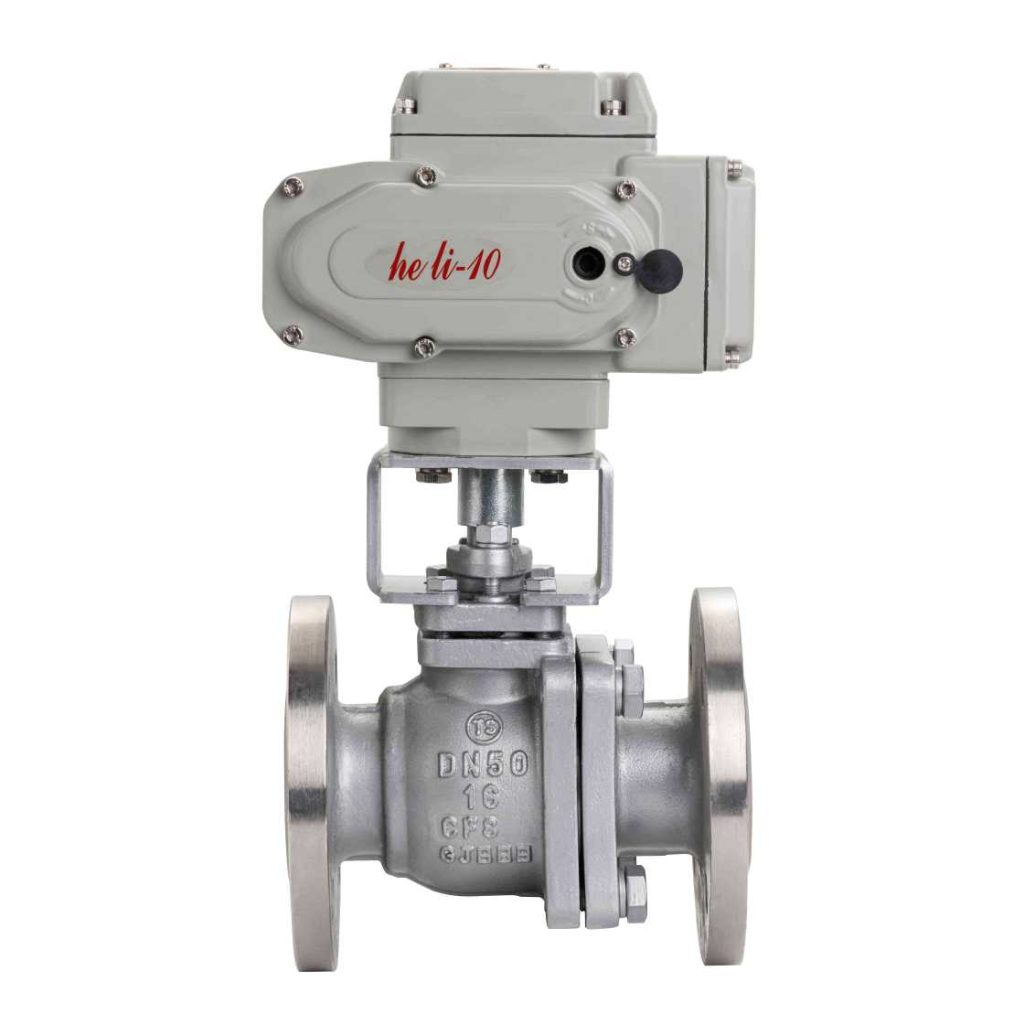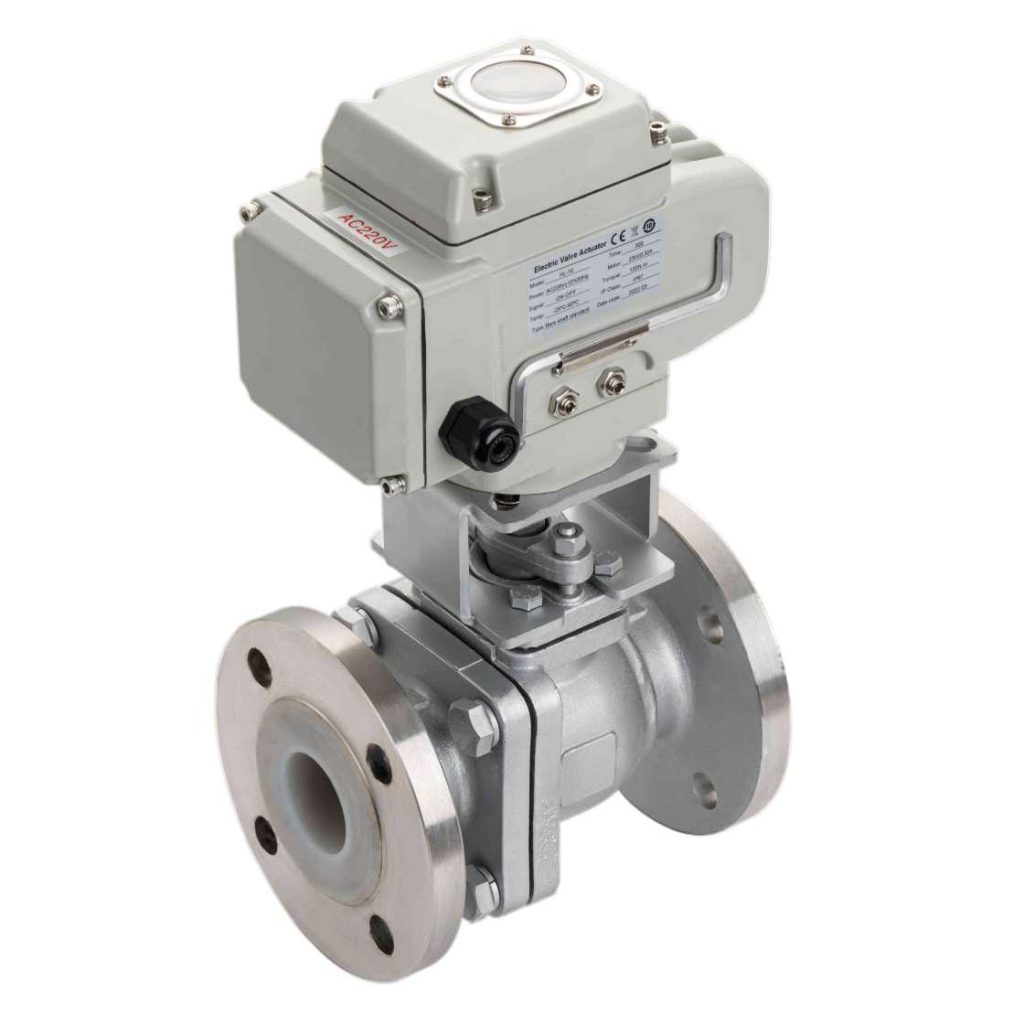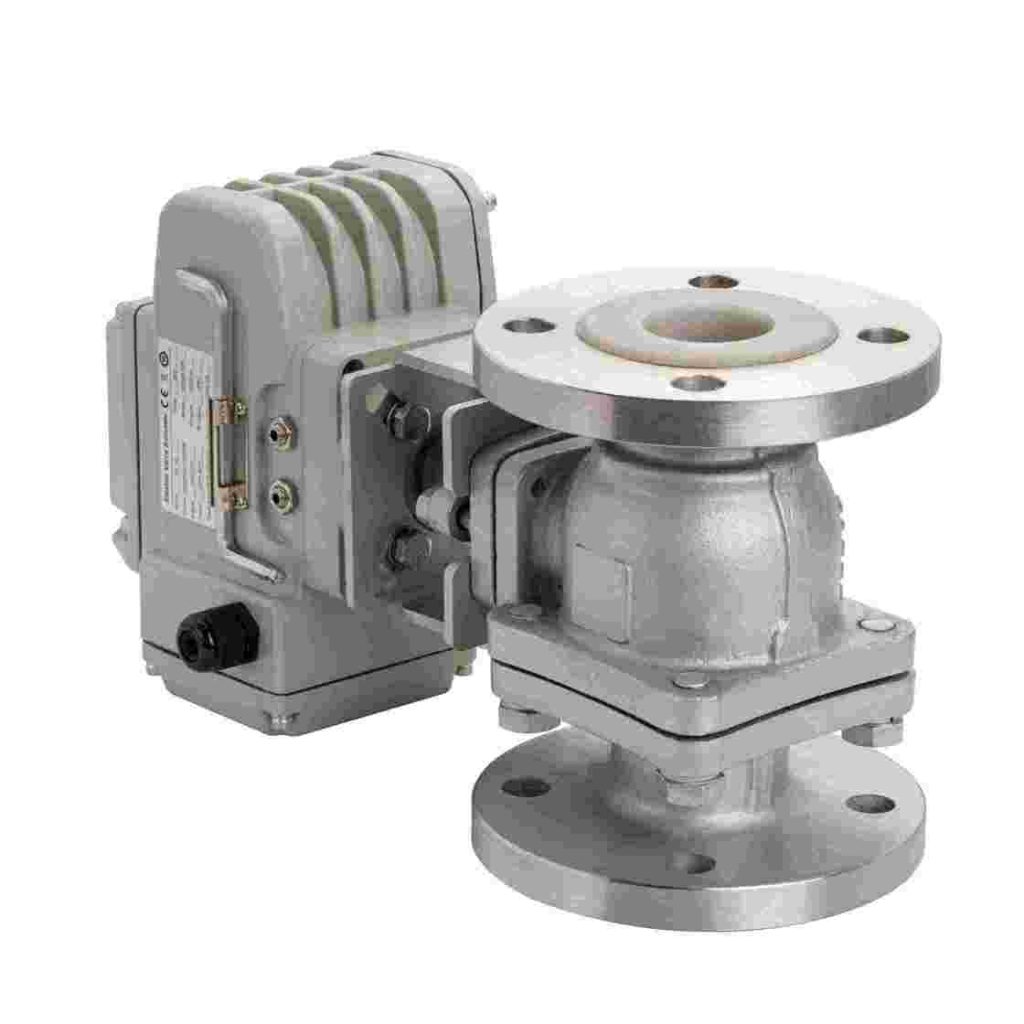In today’s rapidly advancing industrial landscape, automation plays a pivotal role in optimizing processes, improving efficiency, and ensuring safety. Among the many components that facilitate automation, the electric flange ball valve stands out as a critical piece of equipment. Combining the robust features of ball valves with the precision control of electric actuators, electric flange ball valves have become essential in various industries. These valves are particularly useful for controlling the flow of liquids and gases in a range of applications, from oil and gas to water treatment and power generation.

What is an Electric Flange Ball Valve?

An electric flange ball valve is a type of ball valve equipped with an electric actuator for automated control. The valve itself consists of a spherical ball with a hole through its center, which rotates to either allow or block the flow of fluid. The flange design refers to the method of connecting the valve to pipelines using flanges, which are flat, ring-shaped metal components with bolt holes that ensure a secure and leak-proof seal. The electric actuator is a key feature of this valve. Instead of using manual handles or pneumatic systems, the actuator is powered by electricity to automatically open or close the valve. This integration of electric control allows for precise, remote operation, making it an ideal choice for modern industrial systems that require automation.
